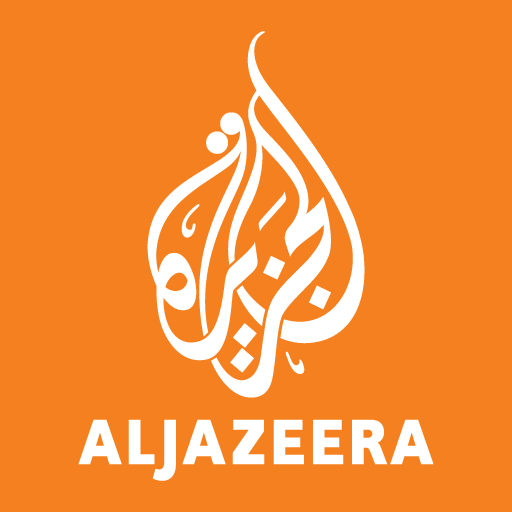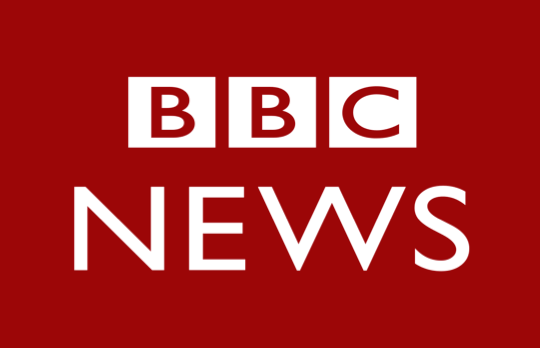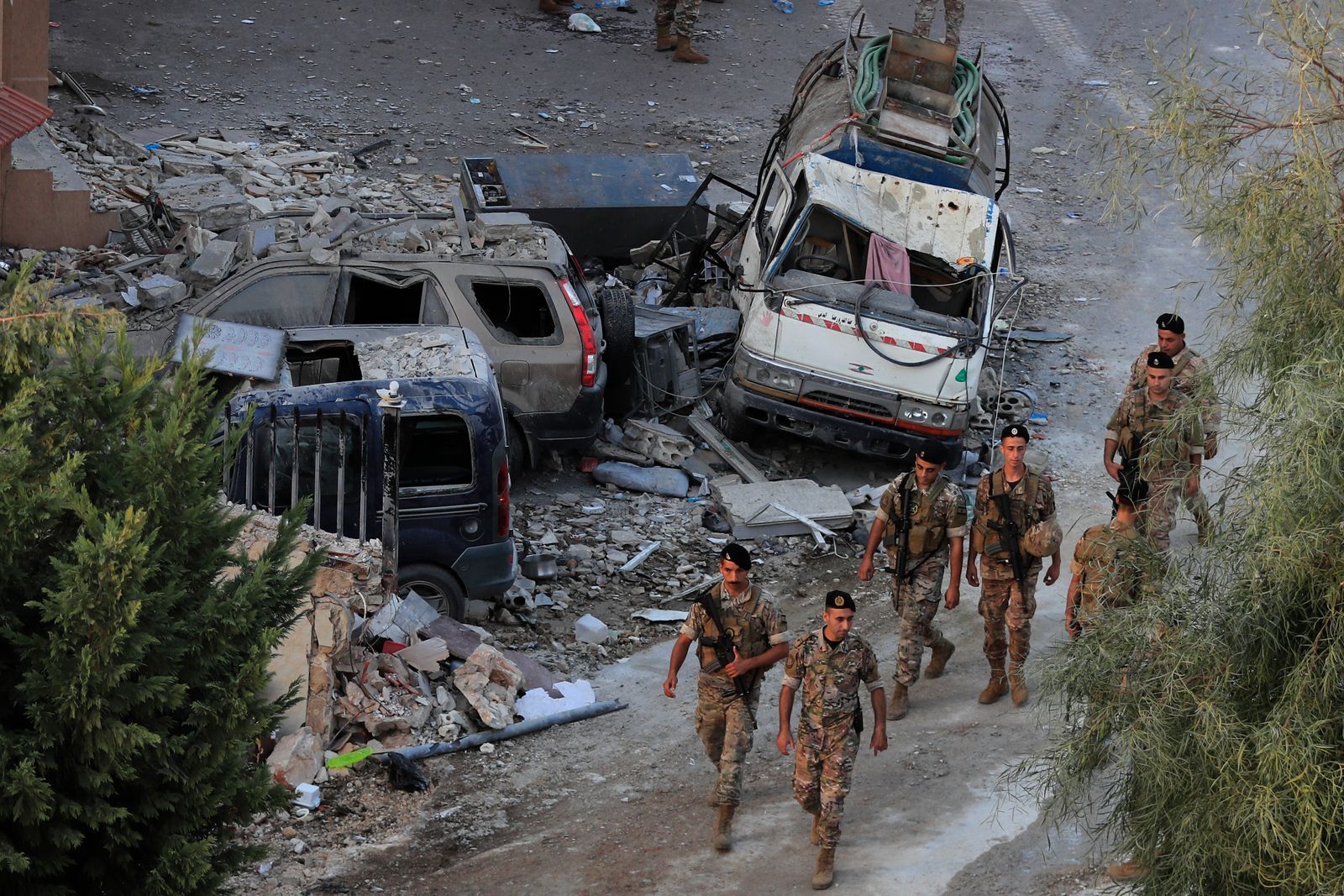- US President Biden urges Israel to stop firing at UN peacekeepers in Lebanon following incidents where soldiers were injured (BBC.com).
- Israel is escalating air and ground campaigns against Hezbollah in Lebanon and Hamas in Gaza, resulting in civilian casualties and infrastructure damage (AlJazeera.com).
- Lebanon reports more than 2,000 people killed in the recent conflict with Israel, while Israeli airstrikes hit southern Beirut and other Lebanese regions (Time.com).
- UN peacekeepers remain in their positions despite Israel’s call for them to withdraw from southern Lebanon to avoid danger (BBC.com).
- Israeli strikes have displaced over 1.2 million people in Lebanon, many lacking access to basic needs and shelter (France24.com).
From Israel's perspective, the ongoing military actions, including airstrikes and ground invasions in southern Lebanon and Gaza, are defensive measures in response to Hezbollah and Hamas rocket fire. Israel argues that these groups, backed by Iran, are endangering its civilians, and its military actions are necessary to neutralize threats. The strikes on UN peacekeeper positions are seen as unfortunate collateral damage in a complex and dangerous environment, and Israel continues to urge UN forces to relocate for their safety.
From Lebanon’s perspective, the Israeli strikes on southern Lebanon, including UN peacekeepers, are viewed as violations of its sovereignty. Hezbollah portrays itself as defending Lebanon and Palestinian rights in Gaza. The Lebanese government and international actors argue that Israel's actions have caused significant civilian casualties and displacement, framing them as disproportionate responses that are exacerbating the humanitarian crisis in both Lebanon and Gaza. UN officials and human rights groups express deep concerns about the safety of civilians and peacekeepers.
From the UN's viewpoint, the repeated strikes on peacekeeper positions are alarming, as they are meant to maintain stability in the volatile border region between Lebanon and Israel. The UN emphasizes its neutrality and mission to protect civilians, expressing frustration over being caught in the crossfire between Israel and Hezbollah. The peacekeepers have refused to withdraw from their positions, reaffirming their commitment to the peacekeeping mission despite the danger and urging both sides to avoid further escalation.
Details
Security
Bias
Deltas
The articles discuss the escalating conflict between Israel and Hezbollah in Lebanon, alongside Israel's ongoing offensive against Hamas in Gaza. Tensions have risen significantly, with multiple incidents of violence reported along the Israel-Lebanon border. One focal point is the Israeli military's engagement with Hezbollah forces in southern Lebanon, which has included cross-border rocket fire, airstrikes, and ground operations. These actions are described as part of Israel's broader response to attacks from Hezbollah and Hamas, both of which have been launching missiles into Israeli territory. The violence has led to numerous civilian casualties and widespread displacement in both Gaza and Lebanon (AlJazeera.com).
Additionally, Israel has conducted airstrikes targeting Hezbollah positions and infrastructure in Lebanon, with some strikes reported as far north as Beirut. The situation has been particularly tense for UN peacekeepers stationed along the "Blue Line," the UN-recognized boundary between Israel and Lebanon. The Israeli Defense Forces (IDF) acknowledged responsibility for two incidents in which Sri Lankan and Indonesian peacekeepers were injured during clashes near the UN Interim Force in Lebanon (Unifil) headquarters in Naqoura. Israeli military sources said their soldiers had identified a threat and fired in response, but they have pledged to investigate the incident. UN officials have expressed concern over the safety of their personnel and have called on all sides to avoid actions that could endanger peacekeepers (BBC.com).
Despite Israeli calls for Unifil to withdraw from positions near the border to avoid harm, the UN has refused, reiterating its commitment to maintaining a presence in the region to help stabilize the situation. This has led to a standoff, as Israel continues its military operations, and Hezbollah remains active in the area. Lebanese officials have condemned Israel's actions, particularly the airstrikes on civilian areas in southern Lebanon. The Lebanese Health Ministry reported that Israeli strikes have killed over 2,000 people and displaced hundreds of thousands, many of whom now lack access to basic needs such as food and shelter (Time.com).
Gaza, too, has been subject to heavy Israeli bombardment as part of the ongoing conflict with Hamas. In recent days, airstrikes in northern Gaza have caused extensive destruction, killing at least 22 people in a single strike and injuring many others. Gaza’s Health Ministry reported that 49 Palestinians were killed in just 24 hours, as Israeli forces intensified their efforts in areas like Jabaliya, where many civilians are trapped in their homes due to the continuous bombing. Humanitarian aid has struggled to reach the affected areas, with organizations like the World Food Program warning of dire shortages. Israeli military officials have advised residents of northern Gaza to evacuate south to designated humanitarian zones, though many civilians have chosen to remain in their homes despite the danger (TheGuardian.com).
International reactions have varied, with leaders from France, Italy, and Spain jointly condemning Israel's actions against the UN peacekeepers and calling for an immediate end to the attacks. Meanwhile, Hezbollah continues to portray its actions as a defense of Lebanon and Palestinian rights, particularly in response to Israeli operations in Gaza. Iran, a key backer of Hezbollah, has reaffirmed its support for the group, with Iranian officials publicly condemning Israel’s actions and pledging continued solidarity with both the Lebanese and Palestinian people (France24.com). In this complex and evolving conflict, both sides remain entrenched, with ongoing military action further destabilizing the region and causing significant civilian suffering.

Al Jazeera highlights the death toll, civilian casualties, and destruction caused by Israeli airstrikes, focusing on the suffering of Palestinian civilians. The article portrays Israel’s actions in a negative light by using phrases like 'turned northern Gaza to ruins' and 'Israeli bombardment killed at least 22 people.'
Read full article
The article emphasizes Israel's repeated and deliberate attacks on UN positions, describing them as violations of international humanitarian law. It also presents statements accusing Israel of using UN bases as human shields, which further portrays Israel negatively.
Read full article

The article condemns Israel’s attacks on UNIFIL, focusing on the harm caused to peacekeepers and citing Chinese and international calls for Israel to stop its actions. The use of terms like 'unacceptable' and 'serious violation' signals a negative stance towards Israel.
Read full article
Negative
Sentiment

The article provides a straightforward account of the conflict between Israel and Hezbollah, with details about the impact on UN peacekeepers. It avoids taking sides, presenting statements from all involved parties without leaning toward support or criticism of either Israel or Hezbollah.
Read full article

Time discusses both Israeli military actions and Hezbollah's involvement, while also highlighting the impact on civilians and peacekeepers. The article provides context for the ongoing conflict but does not overtly criticize Israel or Hezbollah.
Read full article

The article provides detailed coverage of Israeli strikes and Hezbollah's response, alongside international reactions, particularly from the US. It does not explicitly support or criticize any party, sticking to a neutral tone throughout.
Read full article
The article focuses on the diplomatic discussions between the US and Israel about the conflict and the need to protect peacekeepers. It avoids editorializing or showing clear bias toward either party.
Read full article
The article discusses Israeli strikes on UN positions and the international response, including condemnation from several countries. It avoids taking a clear side, focusing more on the facts and the international reaction to the events.
Read full article
Neutral
Sentiment
Positive
Sentiment
-
+
Izvestia [Russia] Adds Use of UN Bases as Human Shields
Izvestia highlights Israel allegedly using UN bases as human shields during military operations.
This aspect of using UN bases as human shields was not emphasized in Western media reports. -
+
Al Jazeera [Qatar] Adds Civilian Casualties in Beirut
Al Jazeera provides details about civilian deaths in Beirut caused by Israeli airstrikes.
The focus on civilian casualties, particularly in dense areas of Beirut, is more prominent in Al Jazeera compared to Western reports. -
+
Caliber [Azerbaijan] Adds US-Israel Diplomatic Exchange
Caliber emphasizes diplomatic discussions between the US and Israel regarding the protection of UN peacekeepers.
This angle on diplomatic talks was less emphasized in other sources, particularly Western media. -
+
Baidu [China] Adds Context on China’s Diplomatic Reaction
Baidu includes China’s condemnation of Israel’s attacks on UN peacekeepers and calls for de-escalation.
China’s response and diplomatic stance on the situation were not highlighted in Western media. -
+
BBC [UK] Adds International Condemnation
The BBC includes a broad range of international reactions condemning Israel’s actions against UN peacekeepers.
The article highlights condemnation from various European nations, which was less of a focus in non-Western sources.
-
-
NBC News [USA] Omits Hezbollah’s Tactical Moves
NBC News focuses on Israeli actions and omits Hezbollah’s response and strategic positioning in Lebanon.
This omission downplays the ongoing military conflict between Hezbollah and Israel. -
-
Time [USA] Omits Civilian Casualties
Time omits specific details on civilian casualties in Lebanon as a result of Israeli strikes.
The article focuses more on the military operations without mentioning the direct impact on civilian populations. -
-
Izvestia [Russia] Omits Israeli Justifications
Izvestia omits Israel’s stated reasons for its military actions, such as self-defense against Hezbollah.
While focusing on Israel's attacks, the article does not provide Israel's justification for the strikes. -
-
Al Jazeera [Qatar] Omits Hezbollah Leadership Casualties
Al Jazeera focuses on Israeli airstrikes but omits the specific targeting and deaths of Hezbollah leaders.
This omission of Hezbollah leadership casualties contrasts with some Western reports.


